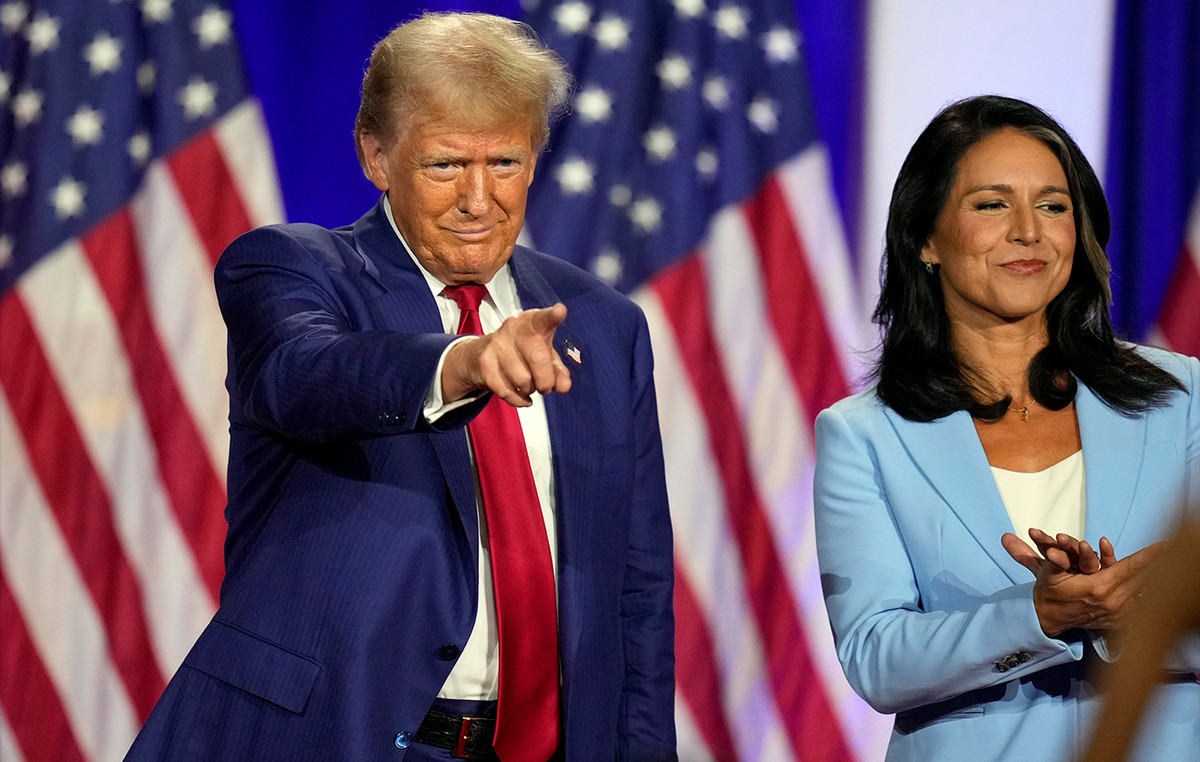The Japanese government’s softening of the stance on crypto companies and the announcement of Web3 support have prompted Binance to consider returning to the Japanese market after four years.
The Japan Financial Services Agency (FSA) has repeatedly declared its tough stance on crypto-currency companies and measures to protect the rights of investors. In 2018, under pressure from the FSA, Binance ceased operations in Japan. Last year, the regulator repeatedly reminded investors that the exchange was not licensed to operate in the country.
The situation changed with the advent of the new government of Japan, which was headed by Prime Minister Fumio Kishida (Fumio Kishida). In particular, Kishida announced the introduction of an economic strategy called “New Capitalism”. This initiative involves supporting startups in the field of Web3, digitalization, the use of a decentralized Internet and the development of projects on the blockchain.
Following this statement, Binance CEO Changpeng Zhao said that the site is in a “constructive dialogue” with the regulator. According to an unnamed source at Binance, the FSA’s easing of its approach to crypto projects, as well as significant potential for growth in the number of users of the exchange, were key reasons for Binance’s renewed interest in the Japanese market.
“Binance is working with the nation’s regulators to shape policies that protect consumers, encourage innovation, and advance the industry. However, it is inappropriate to comment on any of Binance’s negotiations with regulators at this time,” a Binance spokesperson said in response to a media request for comment.
However, according to Bloomberg, citing sources familiar with the situation, the cryptocurrency exchange has re-applied to the FSA for registration in the country.
In August, the Japanese cryptocurrency exchange Gaia announced that it intends to install crypto ATMs in the country’s largest cities – Tokyo and Osaka. The devices will initially support the four largest cryptocurrencies by market cap: Bitcoin (BTC), Ether (ETH), Bitcoin Cash (BCH) and Litecoin (LTC).
Source: Bits
I am an experienced journalist, writer, and editor with a passion for finance and business news. I have been working in the journalism field for over 6 years, covering a variety of topics from finance to technology. As an author at World Stock Market, I specialize in finance business-related topics.







